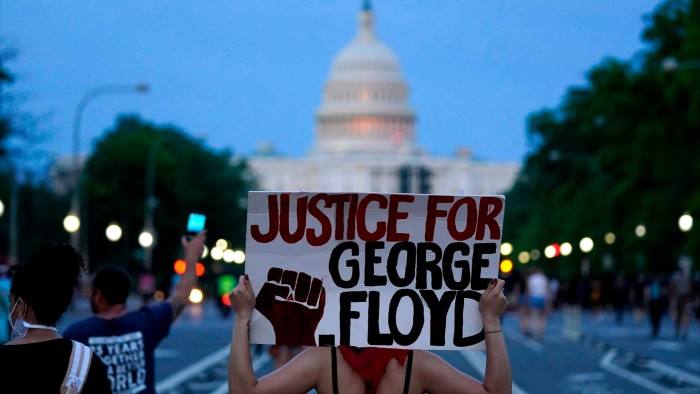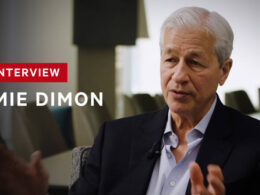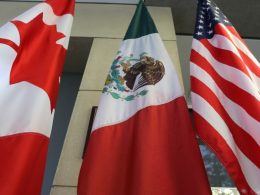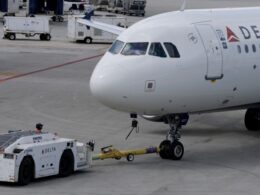Unlock the Editor’s Digest for free
Roula Khalaf, Editor of the FT, selects her favourite stories in this weekly newsletter.
Next week marks five years since George Floyd was murdered by police officer Derek Chauvin on camera, in broad daylight, with a knee crushing his neck for nine minutes. Five years too since the Black Lives Matter demonstrations — sparked by this cruel and shocking homicide in Minneapolis — spread throughout the US and across the world.
In the months after the killing, tens of millions protested in the name of justice for Floyd and security and equality for all Black people. Half a decade on, with a re-elected Donald Trump waging a war on “woke”, many of those instrumental in organising the uprising have been left wondering whether their earth-shaking cry for systemic change has already been forgotten.
“What the hell happened?” asks BLM spokesperson Nekima Levy Armstrong in the introduction to Backlash: The Murder of George Floyd, a reflective new feature-length BBC documentary. It begins with the horrifying footage of what Armstrong likens to a modern-day lynching. Interviews with Floyd’s uncle, Selwyn Jones and Minneapolis’s then-chief of police Medaria Arradondo — hailed for breaking “the blue wall of silence” by testifying against Chauvin in 2021 — follow, giving a sense of a family’s private sorrow and an institution’s shame.
But in its first half the film pivots, somewhat unexpectedly, from Floyd and the fallout in the US to a survey of the UK response to the tragedy. Both on the streets of London and Bristol — where the toppling of the statue of slave-trader Edward Colston ignited a national debate — and within the British government and police forces.
Given how deeply rooted Floyd’s murder is in a long, lamentable history of police brutality and racial oppression in the US, this Anglocentric lens can make the film seem a little insular and narrow. But the domestic perspective does disabuse us of the notion that this is a uniquely American tragedy. Segments on Julian Cole — a young man who was paralysed by arresting officers in 2013 (in an incident that Bedfordshire Police does not accept liability for) — and Dalian Atkinson, unlawfully killed by a policeman in 2016, offer alarming parallels with the Floyd case. They also serve as illustrative, if extreme, examples of what former Met Police assistant commissioner Neil Basu defines here as “a lack of understanding and empathy with the issue of race” within British policing.
Elsewhere, public figures and commentators including author Reni Eddo-Lodge, activist Natasha Johnson and comedian Munya Chawawa discuss how events in 2020 gave a platform for Black Britons to share their experiences of racism and concerns that many feel have been overlooked on an institutional level.
As the title suggests, Backlash looks at both the defensive and aggressive responses elicited by the BLM protests — from unedifying culture wars to violence that broke out at far-right counter-protests. And while the film could be more insightful in its examination of why the momentum of BLM eventually stalled, it serves as a reminder that enacting change is not just about seizing one moment or joining one movement. Rather, it’s about sustaining that burning sense of duty to speak up and stand up for justice.
★★★☆☆
On BBC2 on May 21 at 9pm
Source link









